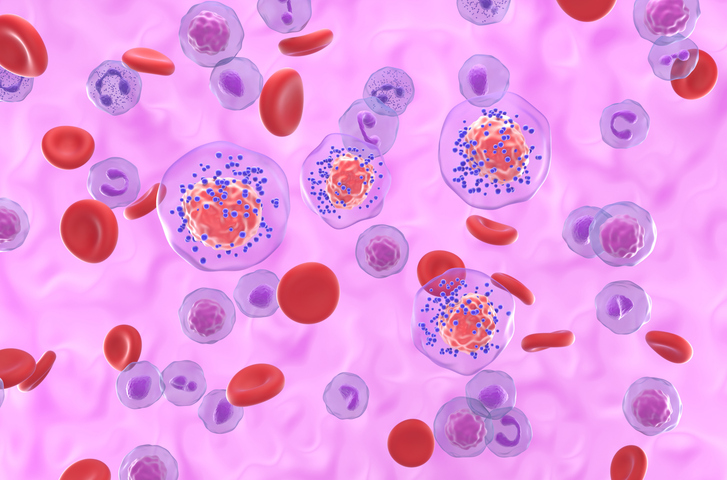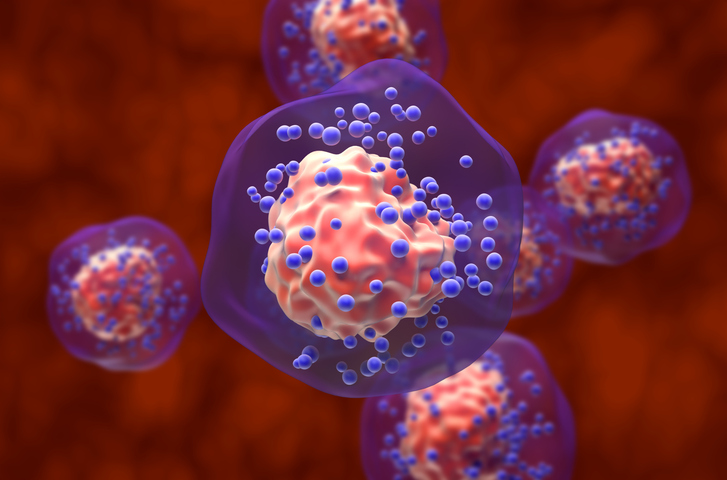
According to findings from a study published in JAMA Network, the addition of the immunotherapy agent, atezolizumab to postoperative chemotherapy was not effective for patients diagnosed with triple-negative breast cancer who are at high risk for recurrent disease.
In the ALEXANDRA/IMpassion030 international, open-label, phase 3 randomized trial (NCT03498716), researchers sought to assess the impact of adding the immune therapy, atezolizumab, to postoperative chemotherapy in patients with the high-risk triple-negative breast cancer subtype.
The authors wrote, “Until recently, one strategy for treating early-stage triple-negative breast cancer was chemotherapy after surgery. However, it was not known whether the addition of immune therapy to post-surgery chemotherapy would be beneficial.”
The study cohort comprised 2,199 patients with stage II or triple-negative breast cancer.
Patients were randomly assigned (1:1) to receive standard chemotherapy for 20 weeks with (n=1,101) or without (n=1,098) atezolizumab for up to 1 year. The primary outcome was invasive disease-free survival, defined as the time from randomization to invasive breast cancer, recurrence, or death from any cause.
The average age was 53 years, and participants were primarily Asian or White, and neither Latino nor Hispanic. Researchers noted that enrollment was halted at 2,199 of 2,300 planned participants.
Results revealed that in all patients, atezolizumab was discontinued early after a planned early and futility analysis, and the trial proceeded to premature final analysis.
Invasive disease-free survival events transpired in 144 (12.8%) of patients treated with atezolizumab-chemotherapy and in 125 (11.4%) of chemotherapy-alone patients (median follow-up, 32 months) and the final stratified invasive disease-free survival hazard ratio was reported as 1.11 (95% CI, 0.87-1.42; P = .38).
Moreover, the atezolizumab plus chemotherapy regimen was associated with greater treatment-related grade 3 or 4 adverse events compared to chemotherapy alone, reported as 54% versus 44%. However, data revealed comparable occurrences of fatal adverse events (0.8% vs 0.6%) as well as adverse events that led to the termination of chemotherapy. In the two treatment groups, chemotherapy exposure was analogous.
Based on their findings, the authors concluded, “The addition of the immune therapy drug atezolizumab to chemotherapy after surgery did not provide benefit among patients with triple-negative breast cancer who are at high risk of recurrent disease.”
Reference
Ignatiadis M, Bailey A, McArthur H, et al. Adjuvant Atezolizumab for Early Triple-Negative Breast Cancer: The ALEXANDRA/IMpassion030 Randomized Clinical Trial. JAMA. Published online January 30, 2025. doi:10.1001/jama.2024.26886







 © 2025 Mashup Media, LLC, a Formedics Property. All Rights Reserved.
© 2025 Mashup Media, LLC, a Formedics Property. All Rights Reserved.